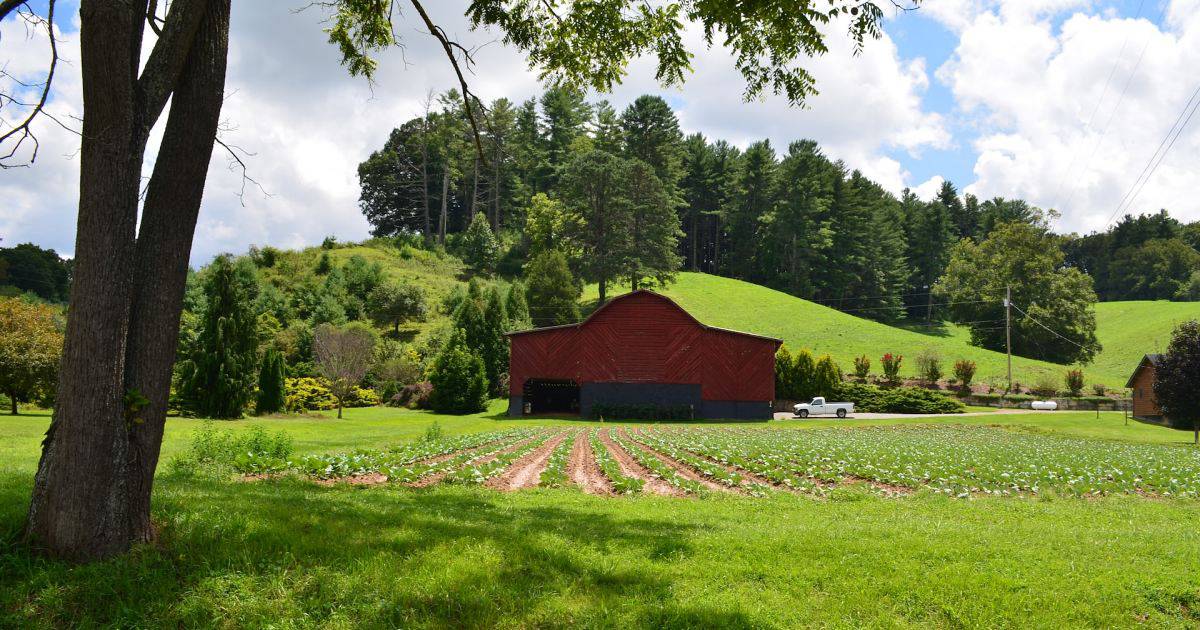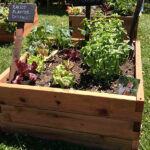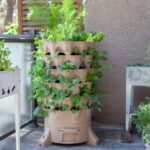Chicken manure is a valuable resource for any homesteader. It’s rich in nutrients and can greatly improve the health and productivity of your garden. However, it’s essential to compost it properly to avoid any potential health risks. In this guide, we’ll walk you through the process of composting chicken manure safely and effectively.
Before we dive into the details, it’s worth noting that this process aligns well with the principles of eco friendly animal care.
Understanding the Importance of Composting Chicken Manure
Chicken manure is a high-quality organic fertilizer. It’s rich in nitrogen, phosphorus, and potassium – essential nutrients for plant growth. However, raw chicken manure can be harmful to plants and humans due to its high ammonia content and potential pathogens. Composting it helps to eliminate these risks.
Steps to Compost Chicken Manure
- Collect the chicken manure and bedding material from your chicken coop.
- Add the chicken manure to your compost pile or bin.
- Mix in carbon-rich materials like straw, leaves, or wood chips to balance the nitrogen in the chicken manure.
- Turn the compost pile regularly to ensure even decomposition and to speed up the composting process.
- After 6-12 months, your compost should be ready to use. It should be dark, crumbly, and have a pleasant earthy smell.
Using Composted Chicken Manure in Your Garden
Composted chicken manure can be used in several ways in your garden. You can mix it into your garden soil to improve its fertility and structure. You can also use it as a mulch or top-dress your plants with it. Remember, a little goes a long way, so use it sparingly.
For more insights on sustainable homesteading practices, check out this descriptive anchor text.
Conclusion
Composting chicken manure is a simple and effective way to make the most of this valuable resource. It’s a win-win situation – you get a nutrient-rich organic fertilizer for your garden, and you contribute to a more sustainable and eco-friendly way of living. So why not give it a try?
If you’re interested in other ways to make your homestead more sustainable, consider these options to reduce bills with solar heat and light animal paths naturally.








